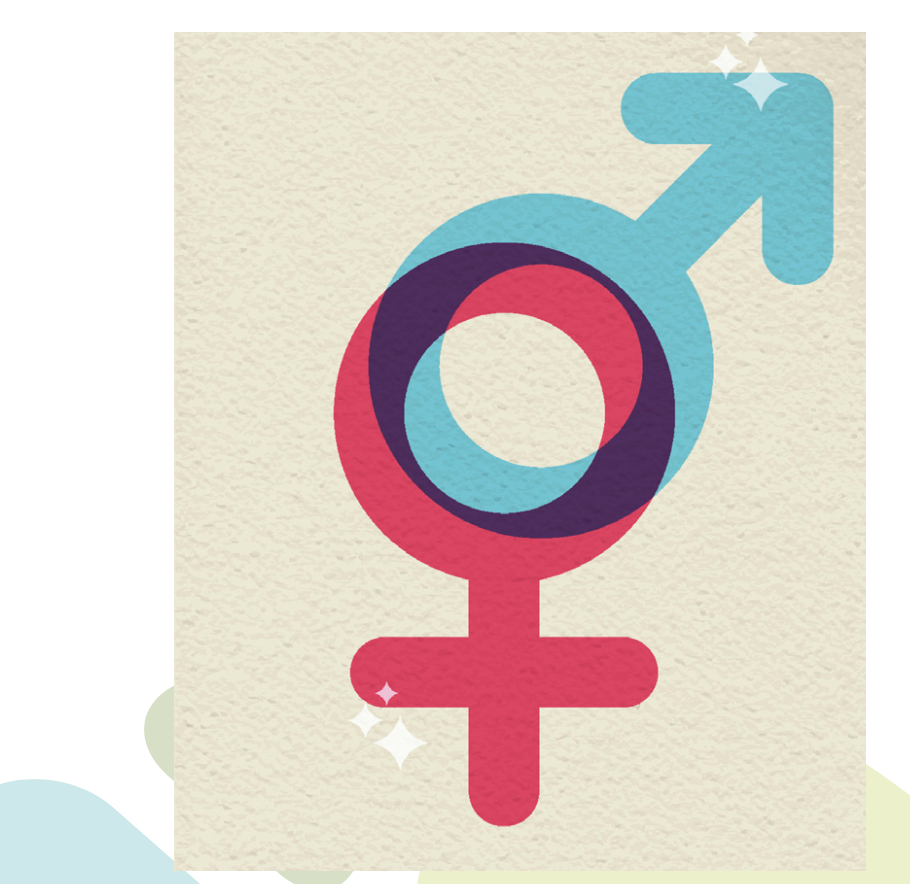Understanding Racial Disparities: Minority Mental Health

Understanding Racial Disparities: Minority Mental Health
Guest Blogger Medina Rahman, M.Ed., LPCC-S is a Supervisor of Behavioral Health at Beech Acres Parenting Center.
As Minority Mental Health Month comes to an end, I thought it would be most appropriate to provide some education on the establishment of the month and why it is necessary. Many mental health professionals are aware that the month of May is observed for mental health but unaware that this month exists. After asking several professionals in my network who represented mental health, business, and education they had no clue that July was Minority Mental Health Month. Each of them believed it was a month that was created this year after the nation had an awakening of racism and its focus to suddenly combat it. I was included. As I researched the inception of Minority Mental Health Month, it triggered my first memory of this month in 2008. I read about Congress establishing the month and honoring the late Bebe Moore Campbell who was a renowned African American author, member of NAMI, and my sorority, Alpha Kappa Alpha. As a result, my sorority established a partnership with NAMI eleven years ago. I have even been an active participant in the partnership for several years. How did I as an African American mental health professional forget? Is this representative of how African Americans are underserved in mental health? Does it represent the stigma associated with mental health in the African American community? Did I compartmentalize it because minority mental health is a daily work and there is no separation? Reflecting on my career in mental health, reducing the stigma to address the mental health needs of minorities has been my purpose and is a daily work. No separation needed, but for a nation that does not see minorities as “equal” human beings, this month is necessary.
Growing up as a minority, mental health issues of family members were kept a secret. It was not discussed. When I inquired about odd behaviors exhibited by a certain member of my family I was told “momma just acts like that sometimes when she gets into one of her moods.” As a young teen, I did not quite understand what that meant and did not dare ask for further explanation. I recall observing my grandmother who was raised in the small town of Weedowee, Alabama. Weedowee was a place where segregation continued into the 1990’s experiencing its first interracial couple attending a high school prom and made national news. My late grandmother was a very religious woman who allowed no profanity or secular music played in her home. She owned a lumber company, did not drive, and was a stay at mother. Her “moods” consisted of extreme use of profanity and grandma shedding light on other people’s truths. During these times I enjoyed going to my grandparent’s house to watch the show and trying to see who my grandmother was going to “cuss out” next. Although, for me, they were times of comedic relief I cannot imagine what my grandmother was going through. There were periods of time my grandmother would be missing, and the grandchildren were told she was on vacation. Later to find out the periods of vacation were hospitalizations in a psychiatric ward.
The United States of America, with the essence of its fabric weaved out of slavery, has impacted minority people in epic proportions. According to Mental Health America, “historical adversity, which includes slavery, sharecropping, and race-based exclusion from health, educational, social and economic resources, translates into socioeconomic disparities experienced by Black and African-Americans.” These disparities attribute to increased risk for poor mental health. Seven million people in the U.S. identify as Black or African American. Approximately 16% reported having a mental illness and 55% of all Black or African Americans live in the south. Although my grandmother did not grow up poor, she did experience those disparities in the south. Upon my grandmother’s death, January 25, 2008, after the inauguration of President Barack Obama, I began to ask questions about my grandmother. The questions I was too afraid to ask as an adolescent. My aunt shared riveting stories about my grandmother’s past that were kept secret for years and explained why my grandmother often went on her periods of “vacation.” I cannot fathom the trauma she endured as a young black female living in the south and not being able to access adequate health care. For this reason, it is important that there is a voice for the voiceless, and the stigma associated with mental health be eradicated.
For additional information on mental health please visit:
National Alliance on Mental Illness
Mental Health America
National Institute for Mental Health




